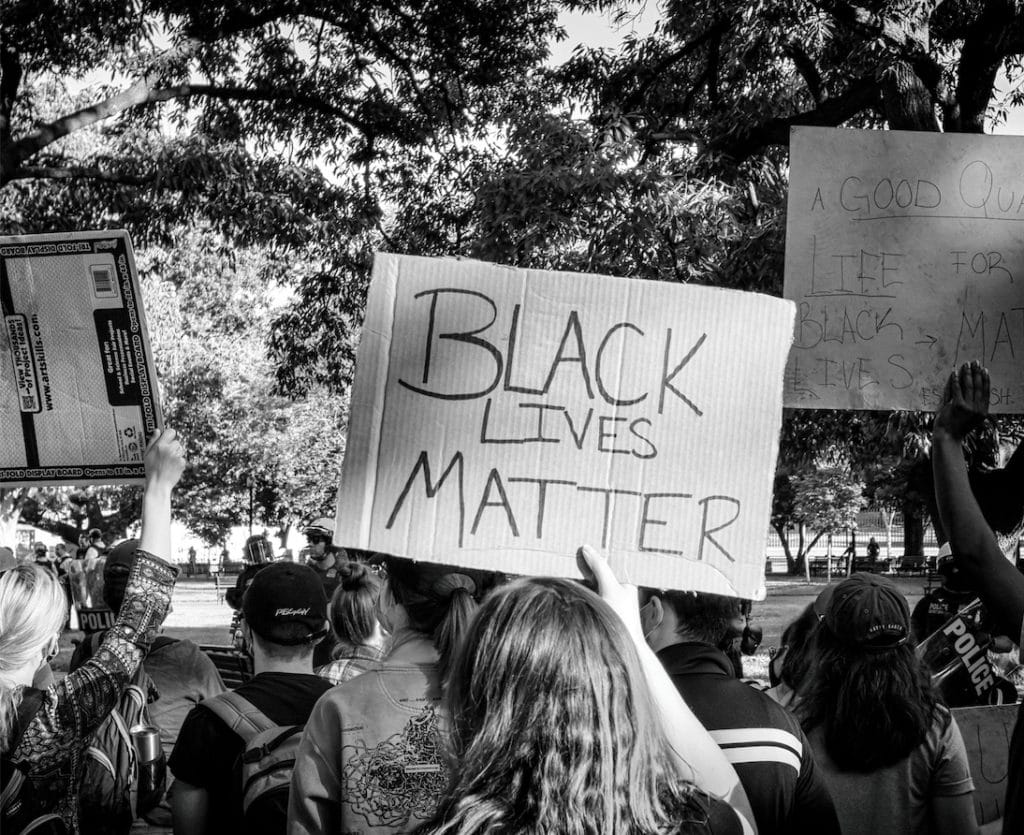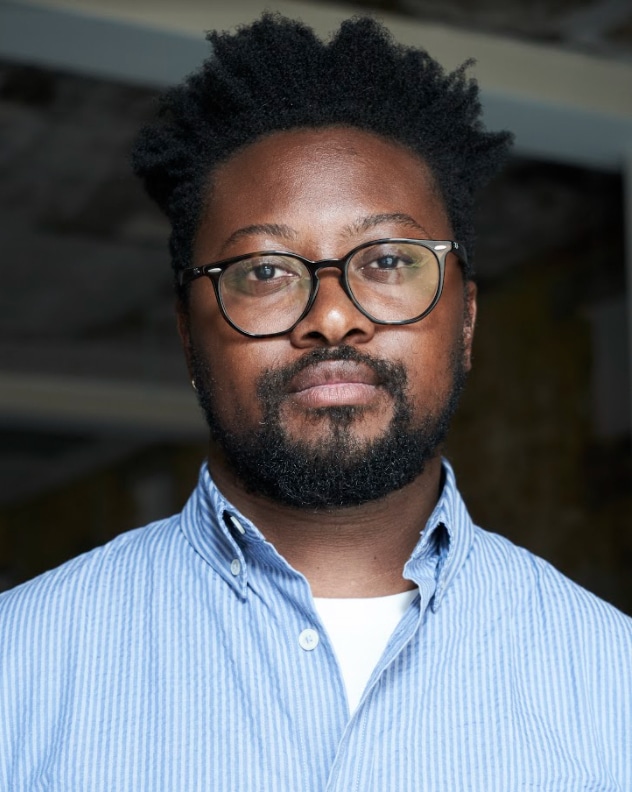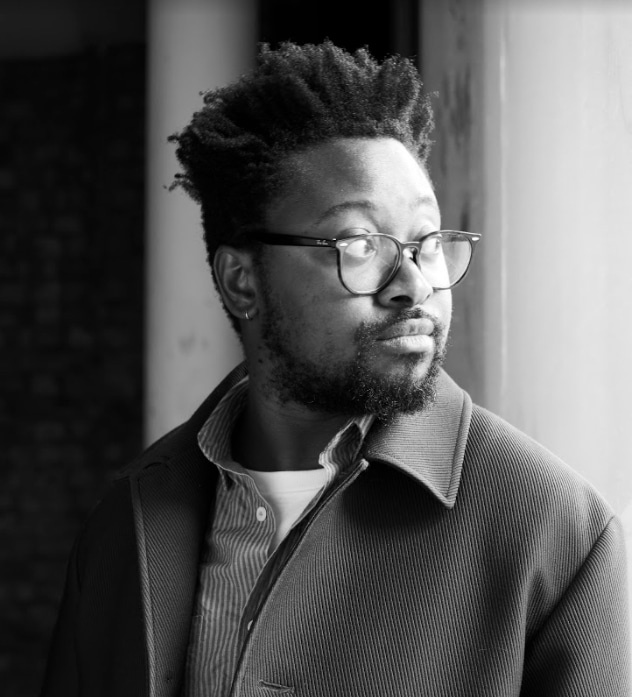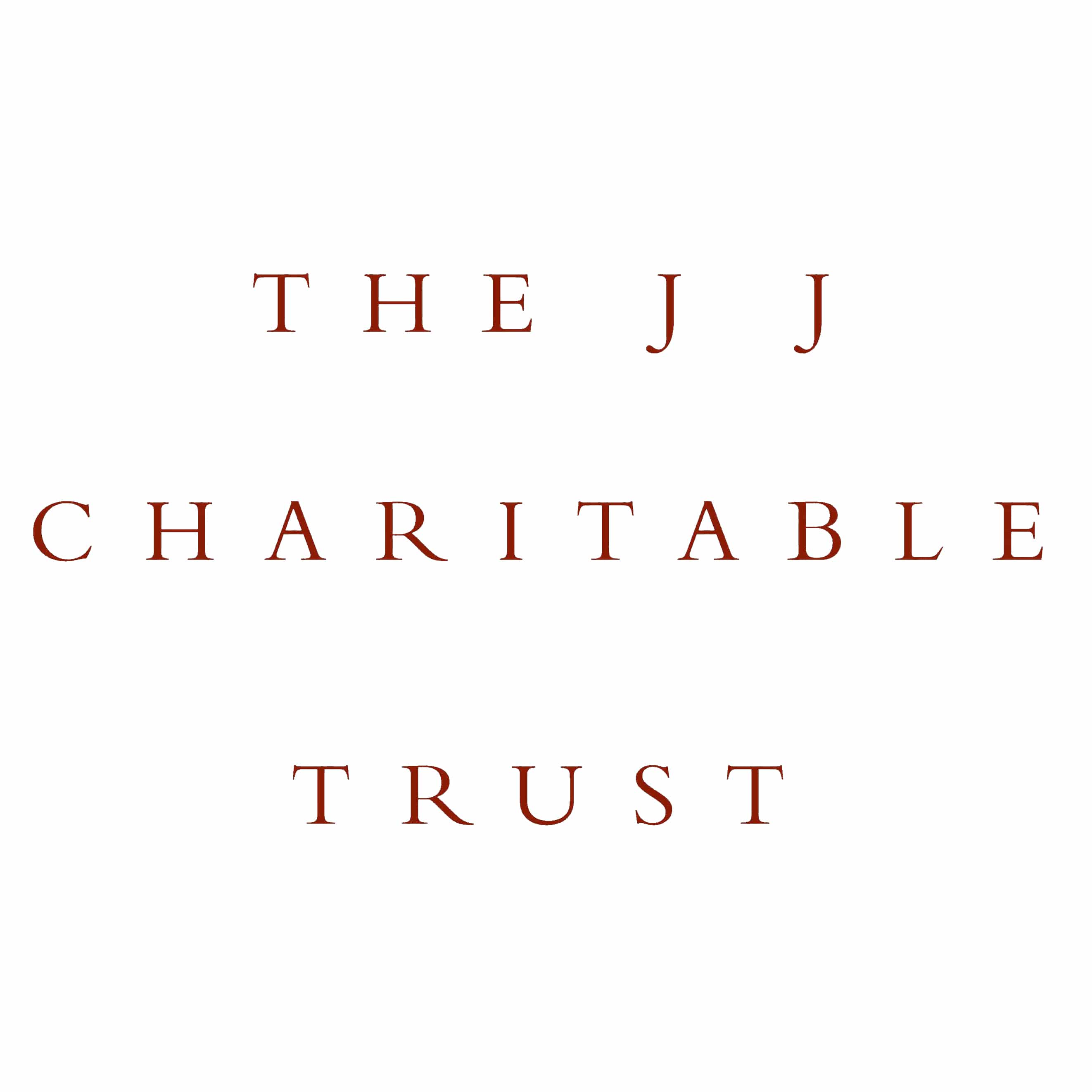United Kingdom (London)
Fashion Minority Report is a call for measurable change in the offices of fashion brands across the UK.
What does success in the fashion industry look like? Behind the gloss of the runway shows and magazine pages, with their recent focus on more diverse casting, it still looks overwhelmingly white and male. Why can’t young minority professionals looking for role models right across the sector, see more people like them? Why are so many people of colour overlooked in the hiring process?
These were the questions that Daniel Peters, a Black gay man with 16 years of experience in the fashion sector, found himself asking, as he reflected on the values and demands of the Black Lives Matter movement in 2020. “I’ve been one of a very small handful of Black and brown people in all of the companies that I’ve worked at”, Daniel tells us, “but why is that? Why have I not challenged that and driven change?”

A woman holds a sign for BLM during a protest at the White House in Washington DC. Photo: Obi Onyeador / Unsplash
He considered how he could use his experience to talk authentically to business leaders about the barriers to progress, as well as “tell young people to be unapologetically themselves and proud of what they’re doing.”
So he published an open letter to the fashion industry with a clear call for change: “Consider this our manifesto for a drastic overhaul to your boardrooms, offices, committees, senior leadership, and marketing and brand teams, which will allow the industry as a whole to increase the current figures of BAME / POC and female hires to a new universal industry standard of 17.8%”.
The letter was widely noticed, Daniel was asked to consult to a number of brands and organisations, and Fashion Minority Report was born – with a mission to “create office equality within the British fashion industry for diverse fashion professionals”.

Daniel Peters, Founder, Fashion Minority Report
There are 800,000 people employed in the British fashion industry, and very few are ‘pure play creative’ such as designers, stylists or photographers. Yet those are often the only jobs that are talked about, which means that many young people don’t see that there are other opportunities.
“There are so many roles that make up this industry”, says Daniel. “I come from the corporate side of fashion, where we are not seeing a diverse mix of people. Last summer, four out of five creative directorship roles at major fashion houses went to white men. People like Rubric initiative are doing a lot for creatives, but my place is in the office where I believe we can build foundational change.”
The mentoring programme launched by Fashion Minority Report received over 200 applications in the first two weeks to work with partner brands: a clear signal of demand for that change. Next steps include developing research capacity to produce the report that the organisation’s name suggests.
“We’ve been having so many conversations about diversity and inclusion for many years – but for the people it affects we need to see measurable change. We need clear steps, milestones and guidance.”

When it comes to thinking about sustainability, Daniel takes a broad, holistic view: from thinking about what small British businesses need to survive and thrive to considering the plight of retail workers, the forgotten victims of the Covid pandemic: “They are the frontline of our industry, but they’re seen as disposable. I’m not having enough conversations with brands about the retail environment and retail workers.”
Fashion media is another important space for creating change. Daniels views TV, in particular, as a medium with the power to educate. “Mainstream media has a great ability to tell stories and to bring people along on a journey”, he says, “but we sometimes make things too highbrow, which doesn’t engage the wider community in why what we’re doing through our consumerism is bad for the planet.”
It’s not about dumbing down, he asserts, but communicating in ways that encourage people to understand both the negative and positive impacts: “It shouldn’t all be a massively downtrodden conversation because there are wonderful things to celebrate in the fashion industry. People love fashion for the glamour, the mystery, the drama and the splendour and if we remove all of that then we lose people’s interest.”
AtlasAction: Diversity, equity and inclusion is the business of everyone, and we all have the ability to be change makers. Use your voice today, tomorrow and always to speak up on behalf of diverse underrepresented voices.
Header Image: Julian Wan / Unsplash
Project leader
Daniel Peters, Founder
Partners
This project has been selected as part of FashionFutures, a new content channel that maps the work of people transforming the fashion sector: the designers, craftspeople, social innovators, educators, community leaders and communicators. Atlas of the Future is excited to partner with Makerversity, with the support of The J J Charitable Trust and their network of fashion friends.
Support the Atlas
We want the Atlas of the Future media platform and our event to be available to everybody, everywhere for free – always. Fancy helping us spread stories of hope and optimism to create a better tomorrow? For those able, we'd be grateful for any donation.
- Please support the Atlas here
- Thank you!



